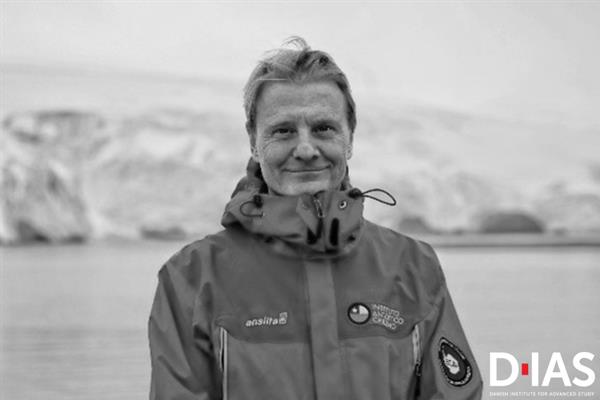![]()
Bacterial viruses (bacteriophages) have a significant impact on marine prokaryotic mortality, diversity, and biogeochemical cycling. They do this by infecting and lysing cells, which release labile dissolved organic matter and stimulate the mineralization of inorganic nutrients. The sheer abundance of oceanic viruses results in ~1029 viral infections per day, causing the release of 108–109 tonnes of carbon per day from the biological pool, which are potentially available for recycling by prokaryotes. Through their actions of cell lysis, bacteriophages therefore play major roles on marine carbon and nutrient cycling. The efficient bacterial mortality caused by marine bacteriophages can also be exploited in disease control. In aquaculture, antibiotics are currently used to treat bacterial infections, despite serious concerns about the development of bacterial antibiotic resistance. Application of bacteriophages has been suggested as a strategy to control disease outbreaks in aquaculture, we aim at developing novel phage-based strategies for disease prophylaxis and treatment of outbreaks with fish pathogens in aquaculture.In this presentation, I will present our work on the role of bacteriophages in driving marine biogeochemical cycling and discuss the potential and challenges of using bacteriophages for disease control in aquaculture.
About Mathias MiddelboeMathias Middelboe is a professor in marine viral ecology at the Department of Biology, University of Copenhagen and University of Southern Denmark. He earned his PhD in aquatic microbial ecology from the University of Copenhagen in 1994 and established in 1997 a research group with a focus on the role of bacterial viruses (bacteriophages) in marine environments (water column and sediments). He is especially interested in exploring how interactions between bacteriophages and bacteria drive phage and host diversity and evolution, and in resolving the role of bacteriophages in marine biogeochemical cycling. His research also includes more applied aspects of phage–bacteria interactions, exploring the potential and challenges of using phages to control pathogenic bacteria in aquaculture.
VenueThe DIAS Auditorium, SDU Campus Odense
This event is open for all. No registration needed.
